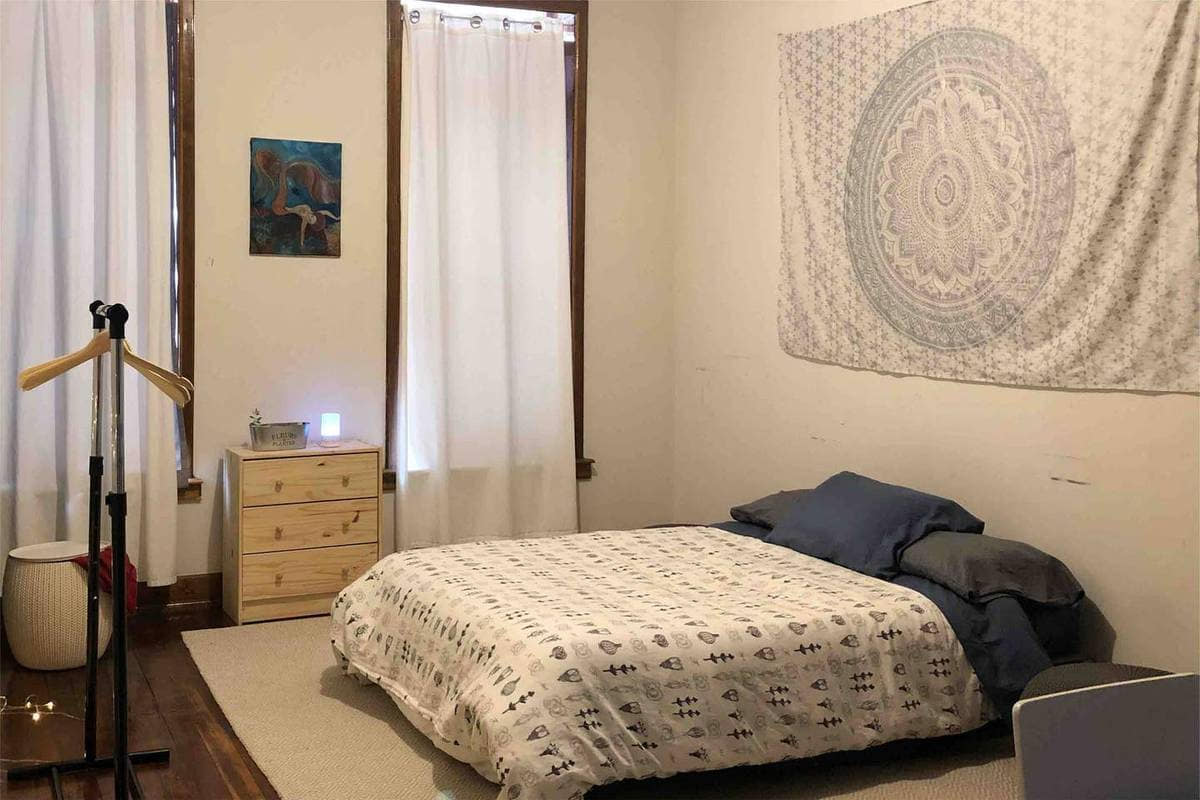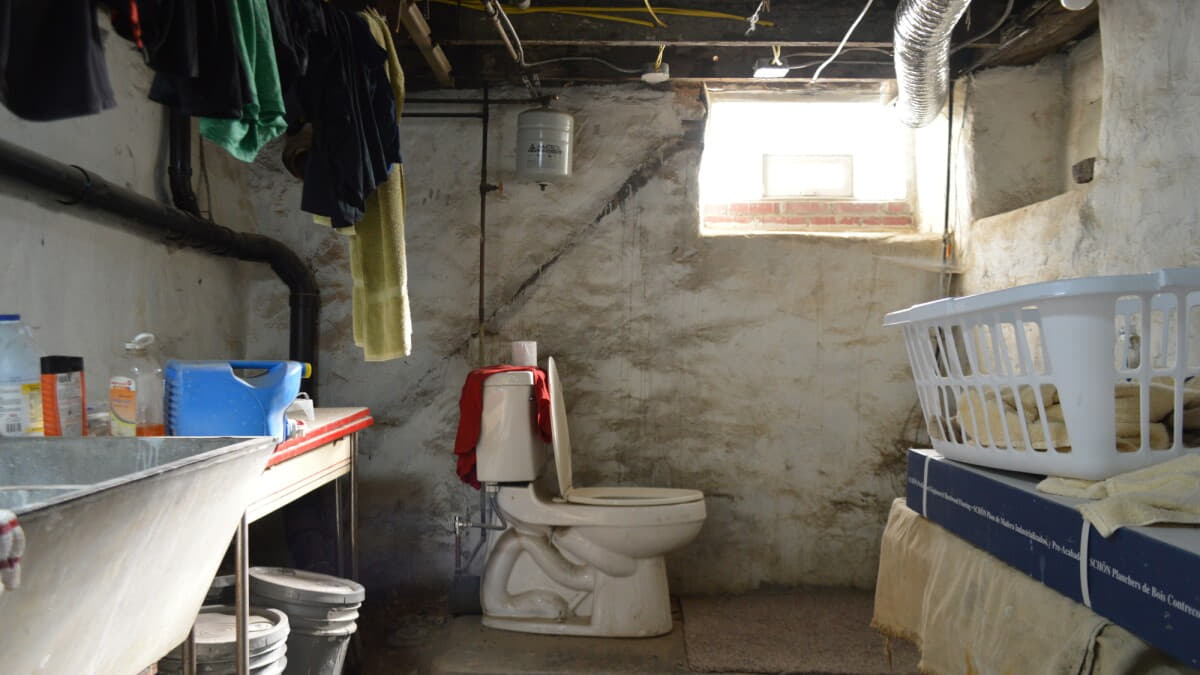When tenants fail to pay their rent, landlords often find themselves in a difficult situation trying to recover the unpaid money owed. While having a written lease agreement is ideal, many landlords may deal with non-payment of rent in situations where no formal lease exists.
In these cases, landlords often wonder what legal recourse or options are available to them. In this article, we will explore the question of whether landlords can sue for unpaid rent even without a signed lease in place.
The Legal Basis for Pursuing Unpaid Rent
Even without a written lease agreement, tenants are still legally obligated to pay rent for occupying a property. Landlords have grounds to pursue unpaid rent through legal means based on two possible types of agreements - an oral or implied rental agreement. If clear terms like an established rent amount and payment schedule were verbally discussed and agreed upon, this can be considered a legally binding oral contract.
Alternatively, if a tenant occupied the property and paid rent regularly for a period of time without incident, an implied tenancy is formed based on the conduct of both parties. In both situations, the landlord has the legal basis to recover unpaid rent.
Related: How Much Can I Sue My Landlord For Emotional Distress?
Understanding Landlord-Tenant Laws and Regulations

Before pursuing any legal action, landlords must familiarize themselves with the specific landlord-tenant laws and regulations that govern their local jurisdiction. These laws outline issues like late fees, payment deadlines, eviction procedures and rights concerning repairs. They serve as guidelines to ensure a fair resolution when disputes like non-payment arise.
Consulting with a local real estate attorney is highly recommended to properly navigate the applicable rules and successfully pursue recovery of unpaid rent.
Evaluating the Financial Viability of a Lawsuit
Taking legal action involves costs that landlords must consider upfront. Key factors include the total amount of unpaid rent, potential legal fees, court costs and the likelihood of recovering a judgment.
It's important for landlords to realistically assess whether the financial outcome of a lawsuit will outweigh the expenses incurred.
Pursuing alternative resolutions may be more prudent if the costs of litigation are too high.
Assessing the Tenant's Ability to Pay
Before filing a lawsuit, landlords should attempt to evaluate a tenant's current financial circumstances and ability to satisfy the outstanding debt. Understanding factors like employment status, income levels and payment history can help gauge the chance of recouping unpaid rent through legal means.
A tenant without the resources to pay makes litigation a waste of time and money.
Gathering Evidence of Nonpayment
To build a strong case, landlords need documentation supporting their claim that rent is owed and unpaid. Records of rent ledgers, copies of the lease (if applicable), any notices or correspondence about the delinquency, along with details of payments received are all crucial evidentiary materials.
Thorough organization and retention of such proofs is vital for success in potential legal proceedings.
Sending a Demand Letter to the Tenant
The first step in pursuing unpaid rent without a lease is sending a formal demand or collection letter. This notices the tenant of the outstanding balance, requests immediate payment by a set deadline, and warns of further collection efforts including possible legal action if the amount due remains unsatisfied. Sending the correspondence via certified mail creates a receipt showing the tenant received proper notification.
Initiating the Eviction Process
If non-payment continues after the demand letter, landlords can initiate eviction procedures as allowed by their state laws. This usually involves filing paperwork with the court and appearing at a hearing. If granted, an eviction order is issued removing the tenant from possession of the rental property.
Eviction alone may not recoup rental arrears though, so subsequent small claims court action is sometimes still necessary.
Filing a Lawsuit Against the Tenant
As a last resort for recovering money owed, landlords can bring a collection lawsuit in small claims or general court against former tenants. All properly gathered documentation supporting the rental amount due and tenant’s non-payment is presented to a judge. If granted a monetary judgment, it can be enforced to collect the debt.
Proper service and adherence to procedural rules is critical for a favorable outcome.
Seeking Expert Advice is Crucial
Resolving disputes without a lease adds complexities that make consulting local legal counsel strongly advised every step of the way. An attorney experienced in landlord-tenant matters can review the situation, clarify obligations and rights, ensure proceedings follow all regulations, and increase the chances of a result favoring the landlord recovering unpaid rent owed.
This expert guidance navigates technicalities that laypeople risk missing.
Conclusion
In summary - yes, landlords retain legal options to pursue collection of rent unpaid from tenants even in the absence of a signed lease contract. While more difficult than with a written agreement in place, landlords still have grounds to proceed with adhering to state rental laws, properly documenting the situation, sending demand notices, potentially filing eviction and then suing in court for money owed if needed.




:max_bytes(150000):strip_icc()/Primary-Image-best-rental-listing-sites-5075293-a12ef65e70ec4af182ee906670a1a7bc.jpg)
